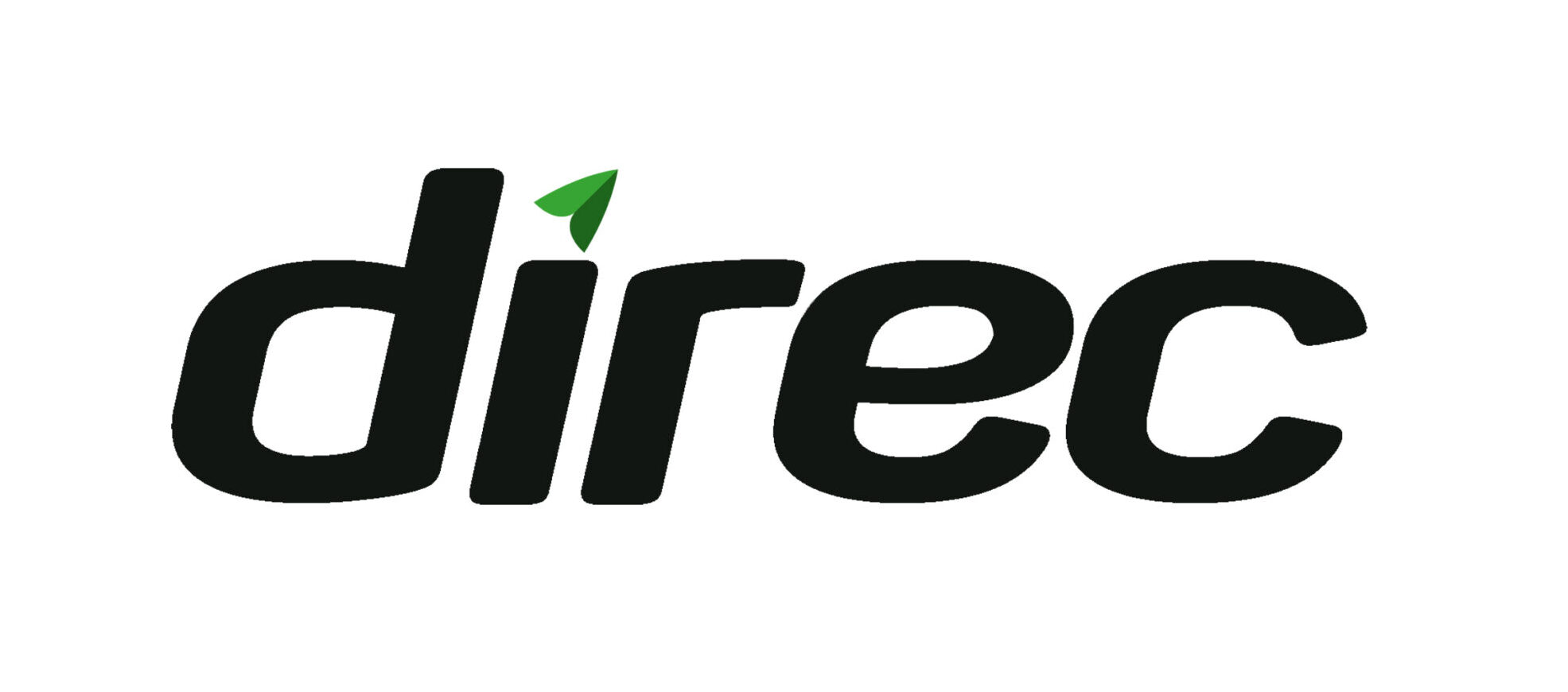
26 Aug What Are the Advantages of Enterprise Resource Planning?
What are the advantages of enterprise resource planning?
- Cost-effective IT processes
- Better data accessibility
- Optimizes business operations
- Improved customer service
- Unparalleled scalability
- Revamped cloud security
Large organizations are composed of different departments which may perform multiple functions at any given time. You can only imagine the challenge in handling this kind of business scale at a consistently efficient rate. These companies are likely making use of the advantages of enterprise resource planning to maintain the efficiency of their operations.
What is enterprise resource planning?
Enterprise resource planning simply refers to a tool or software that integrates many applications that are used in businesses. Its main aim is to centralize business processes down from the IT, HR, finance department, operations, and more. Ever wanted to invest in an ERP software for your business? Read on to find out more.
Cost-effective IT processes
One of the benefits of ERP software is that it creates more cost-effective solutions for your organization’s IT processes. As previously mentioned, ERP is all about centralization, so you can already imagine how this can organize IT-related processes that you weren’t able to in the past.
With ERP, your company wouldn’t need to invest in multiple hardware and infrastructure that need to be managed separately. The ERP provides a single system where all of these processes can be seamlessly controlled with the assistance of a user-friendly interface that anyone can easily be trained to learn. You’ll no longer have to pour financial resources in licenses, software, or even workforce in simply operating an ERP system.
Better data accessibility

ERP also allows your business to do away with manual forms of data storage and inputting. It enables your company’s network to remain interconnected with another, thereby making the process of data accessibility and transfer a walk in the park.
In the past, businesses that have not been able to invest in ERP may constantly experience problems regarding data consistency across their departments. This creates unwanted situations, especially if that company relies on accurate data in order to generate leads and sales. In the presence of ERP, accurate information-sharing will no longer be a problem. Due to dedicated backup and storage systems, it’s also virtually impossible for your company to misplace data ever again.
Optimizes business operations
The problem with disjointed systems is that each of them requires differentiated maintenance. There is no single umbrella of protocols or procedures that are able to dictate how to take care of a system sufficiently. When met with this situation, businesses may eventually find that not all of the applications or software they’re using can work well with each other.
ERP provides solutions exactly for the situation above. Once you adopt this type of business process management solution, you’ll see just how well it’s able to optimize your company’s pre-existing processes. It doesn’t focus on only one aspect of your operations, but rather achieves a flexible, blanket approach to all your business’s requirements. ERP finds many untapped potential areas in your organization that you wouldn’t have been able to otherwise.
Improved customer service
Clients make up the lifeblood of every organization’s success. For every business owner, satisfying the customer is one of their priorities.
Although there are many determinants for customer satisfaction, many of them can be attributed to the quality of customer service provided by a company. More often than not, poor customer service can be attributed to how easily your organization makes use of the information it’s provided with.
ERP makes customer sales transactions more personal and meaningful for the clients. It standardizes processes that are related to problem resolution and sales generation. Instead of your sales team using their own way of communicating with customers, for example, ERP enables them to adopt a more structured approach, whether in bringing up transaction history, personal information, and the like.
Unparalleled scalability

The more time you spend running and managing an organization, the more you’ll realize just how important it is to innovate constantly. You may adopt a wide variety of techniques, such as utilizing new software that can better meet your industry demands. As you’re constantly improving your processes, you’d need the assistance of a dedicated system like ERP so that you may regularly accommodate new business practices.
ERP solutions are characterized as having a high scalability level, meaning that it’s able to catch up to the path or trajectory of your business. It’s ready to handle unmitigated growth, new markets, increasing workload, or a growing workforce. Instead of you having to adapt to the limitations of the software, the opposite is achieved, allowing you to experience exponential development.
Revamped cloud security
Advancements in cloud storage have enabled it to make a name for itself as one of the most secure forms of storing a large volume of information at a single location. Not only organizations, but individuals have also been trying to do away with manual storage systems that are in danger of being corrupted. Likewise, as you transition towards cloud technology, you’d want to make sure that any information you transfer in the cloud is secured and protected from threats.
ERP provides rigid access control for these types of invisible storage systems. Though the accessibility of information has been better than ever, the improved cybersecurity presented by ERP can limit access and determine the confidentiality of files. Organizations can tweak and make modifications to the ERP network to create a secure and safer environment for all their IT processes.
Key Takeaway
Just some of the advantages of enterprise resource planning include better information accessibility, improved customer service, high optimization, and revamped security. As many organizations begin adopting new technology to centralize organizational practices, it’s important that you do not get left behind in this environment.
Fortunately, ERP solutions offered by Direc Business — like SAP Business One can easily help you get started on the right foot. This is your organization’s gateway to experiencing growth like never before through streamlined workflows and real-time data accessibility.

